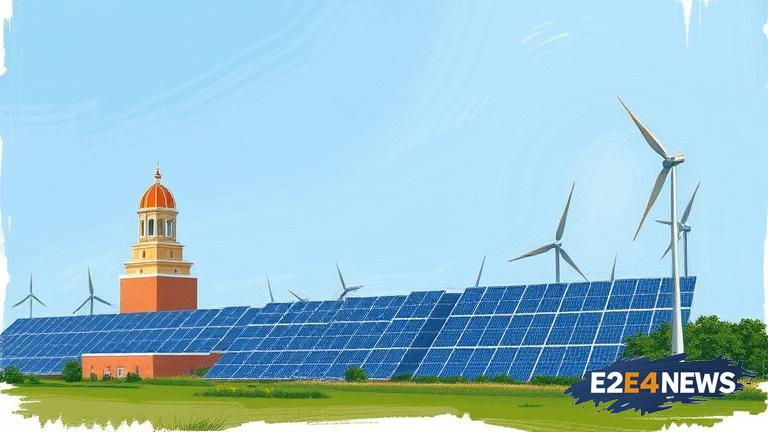A recent proposal by an Illinois lawmaker aims to ban the use of foreign clean energy components in the state’s energy infrastructure. The proposal, which has sparked debate among lawmakers and industry experts, seeks to protect the state’s grid and national security from potential cyber threats and foreign interference. The lawmaker argues that the use of foreign components, particularly from countries like China, poses a significant risk to the state’s energy security and could compromise the integrity of the grid. The proposal has been met with support from some lawmakers who share concerns about the potential risks associated with foreign components. However, others have expressed concerns about the potential economic impacts of such a ban, including increased costs and potential job losses. The proposal has also sparked concerns among industry experts, who argue that a ban on foreign components could hinder the development of clean energy in the state. Despite these concerns, the lawmaker remains committed to pushing forward with the proposal, citing the need to protect national security and the state’s energy infrastructure. The proposal is currently being reviewed by lawmakers and is expected to be debated in the coming weeks. If passed, the ban would apply to all foreign clean energy components, including solar panels and wind turbines. The lawmaker has also proposed measures to support the development of domestic clean energy manufacturing, including tax incentives and grants for companies that produce clean energy components in the state. The proposal has been welcomed by some domestic manufacturers, who see it as an opportunity to increase their market share and create new jobs. However, others have expressed concerns about the potential impacts on the state’s energy market, including increased costs and reduced competition. The proposal is part of a broader effort by lawmakers to address concerns about national security and the potential risks associated with foreign energy components. Similar proposals have been introduced in other states, including California and New York. The issue is expected to be a major topic of debate in the coming months, with lawmakers and industry experts weighing in on the potential impacts of such a ban. The proposal has also sparked concerns among environmental groups, who argue that a ban on foreign clean energy components could hinder the transition to renewable energy and increase greenhouse gas emissions. Despite these concerns, the lawmaker remains committed to pushing forward with the proposal, citing the need to protect national security and the state’s energy infrastructure. The proposal is a significant development in the ongoing debate about the role of foreign energy components in the US energy market.
